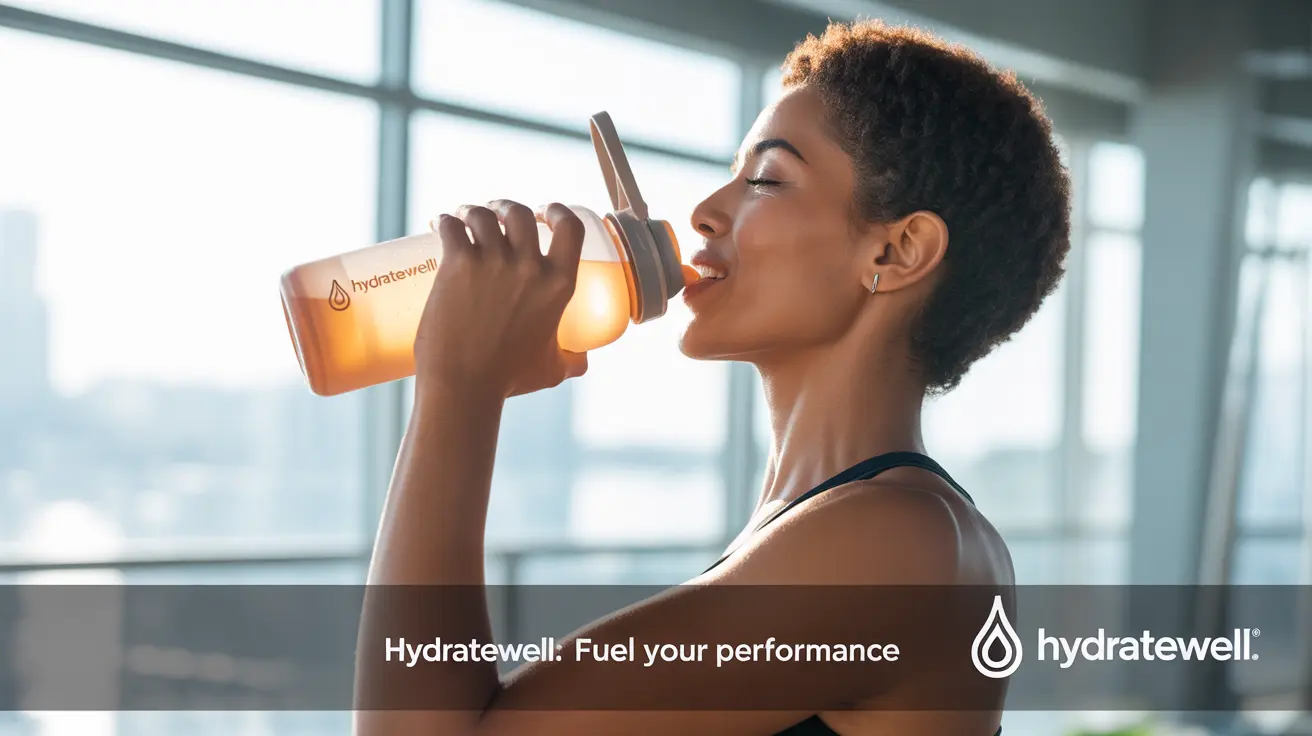Experiencing bloating after exercise can be uncomfortable and frustrating, especially when you're trying to maintain a healthy fitness routine. This common issue affects many fitness enthusiasts and can occur regardless of your workout intensity or experience level. Understanding why post-workout bloating happens and how to prevent it can help you maintain a more comfortable exercise experience.
While exercise is beneficial for digestive health overall, certain factors during and after workouts can contribute to temporary bloating. Let's explore the causes, prevention strategies, and solutions for this common fitness concern.
Understanding Post-Workout Bloating
Post-workout bloating typically occurs due to several physiological responses to exercise. During intense physical activity, your body redirects blood flow from your digestive system to your muscles, which can temporarily slow digestion. Additionally, the way you breathe and hydrate during exercise can introduce excess air into your digestive system.
Common Causes of Exercise-Related Bloating
Several factors can contribute to feeling bloated after working out:
- Swallowing excess air during heavy breathing
- Drinking water too quickly during exercise
- Consuming certain pre-workout supplements
- Eating too close to workout time
- Dehydration
- Intense core exercises
Prevention Through Proper Hydration and Nutrition
Managing your pre-workout and post-workout nutrition and hydration can significantly impact how you feel after exercise. Timing your meals and choosing the right foods plays a crucial role in preventing digestive discomfort.
Pre-Workout Nutrition Tips
Consider these guidelines for pre-workout eating:
- Wait 2-3 hours after large meals before exercising
- Choose easily digestible carbohydrates
- Avoid high-fiber foods immediately before workouts
- Stay moderately hydrated throughout the day
During-Workout Hydration Strategies
Proper hydration technique can help prevent bloating:
- Take small sips of water instead of large gulps
- Use a sports bottle with a smaller opening
- Practice controlled breathing during exercise
- Monitor your hydration needs based on workout intensity
Post-Workout Recovery and Digestion
The recovery period after exercise is crucial for managing bloating and supporting proper digestion. Implementing the right post-workout routine can help minimize discomfort and support your body's natural processes.
Beneficial Post-Workout Foods
These foods can help reduce bloating and support recovery:
- Bananas (rich in potassium)
- Greek yogurt
- Cucumber
- Ginger tea
- Watermelon
- Light protein sources
When to Seek Medical Advice
While occasional post-workout bloating is normal, persistent or severe symptoms may require medical attention. Consider consulting a healthcare provider if you experience chronic bloating, severe pain, or additional digestive symptoms that don't resolve with lifestyle modifications.
Frequently Asked Questions
What causes bloating after working out and how long does it usually last? Post-workout bloating is typically caused by swallowed air during exercise, redirected blood flow, and changes in digestion. It usually lasts 30 minutes to 2 hours, depending on individual factors and workout intensity.
How can I prevent feeling bloated after exercise through hydration and nutrition? Space out your meals 2-3 hours before exercise, sip water slowly during workouts, and choose easily digestible foods. Stay well-hydrated throughout the day rather than drinking large amounts at once.
Why does heavy breathing or gulping water during workouts lead to bloating? Rapid breathing and gulping water can cause you to swallow excess air, leading to bloating. This air becomes trapped in your digestive system, causing discomfort and a bloated feeling.
What post-workout foods or drinks help reduce bloating and aid digestion? Foods like bananas, watermelon, cucumber, and ginger tea can help reduce bloating. Light protein sources and probiotics from Greek yogurt can also support healthy digestion after exercise.
When should I see a doctor about persistent or severe bloating after exercising? Consult a healthcare provider if bloating is severe, persistent, or accompanied by pain, nausea, or other concerning symptoms. Also seek medical attention if lifestyle changes don't improve the condition after several weeks.




